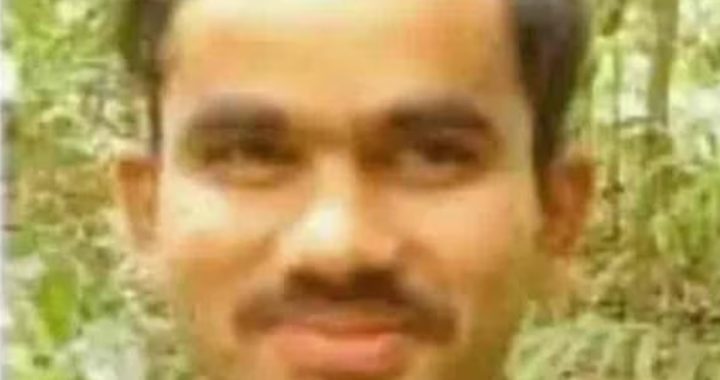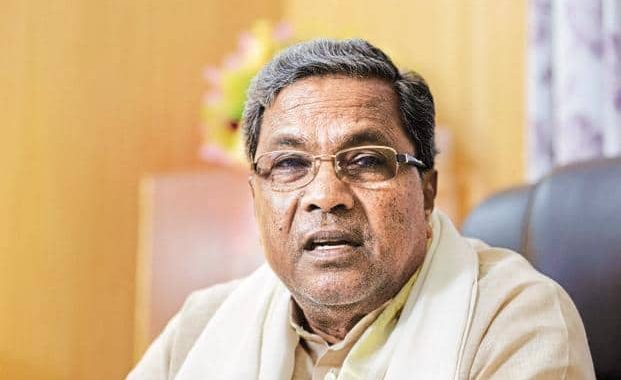It’s time to remember women freedom fighters
2 min read
By Fathima Ummer
Mysuru: The history of Indian freedom struggle would be incomplete without mentioning the contributions of women. The sacrifices made by the women of India occupy the foremost place.
It is timely to remember them with reverence when the country turned a new chapter with the celebration of Azadi Ka Amrit Mahotsav recently.
These women fought with true spirit and undaunted courage and faced various tortures, exploitations and hardships to earn us freedom.
The early 19th century saw the freedom struggle take a full swing and women from across all castes and class took the baton of being equally responsible and dedicated to the national cause. Where men of stature, such as, Mahatma Gandhi, Jawaharlal Nehru, Subhash Chandra Bose and Chandrasekhar Azad emerged as leaders in their own right, women stalwarts too matched them step to step.
In fact, undoubtedly women freedom fighters have made significant contributions to the independence movement and in many ways the coordinated synchronization between the two has been an important landmark in the gaining of Indian independence.
Sarojini Naidu, also known as the Nightingale of India, was a notable poet and writer. She travelled throughout India from 1915 to 1918, giving lectures on social welfare, women’s empowerment and nationalism. She has also made women of India more aware and brought them to work and in the fight for the country from the kitchen.
Annie Besant was a notable British theosophist and reformer, and a supporter of Indian Independence. She was interested in Theosophy, a religious movement formed by Hindu concepts of karma and reincarnation in 1875.
Vijay Lakshmi Pandit, the first woman to become the president of the United Nations General Assembly had an illustrious career spanning over decades.She was among the few to revolutionise women’s role in national construction as a campaigner, minister, ambassador and diplomat which was then typically regarded as a male pursuit.
Kamala Nehru joined the country’s fight for freedom. Once known as a quiet person, she emerged as a strong woman and broke all stereotypes in the Indian Independence struggle, uniting with her husband in the movement.
Kalpana Dutta joined the Republican Indian Army of Surya Sen in 1931 which had been engaged a year earlier in the Chittagong attack. For the revolutionaries, she used to build bombs and work as a courier agent.
These are the examples of a few women who worked for independence and there were millions of other women who sacrificed their lives for the freedom of the nation.
– Team Mysoorunews







